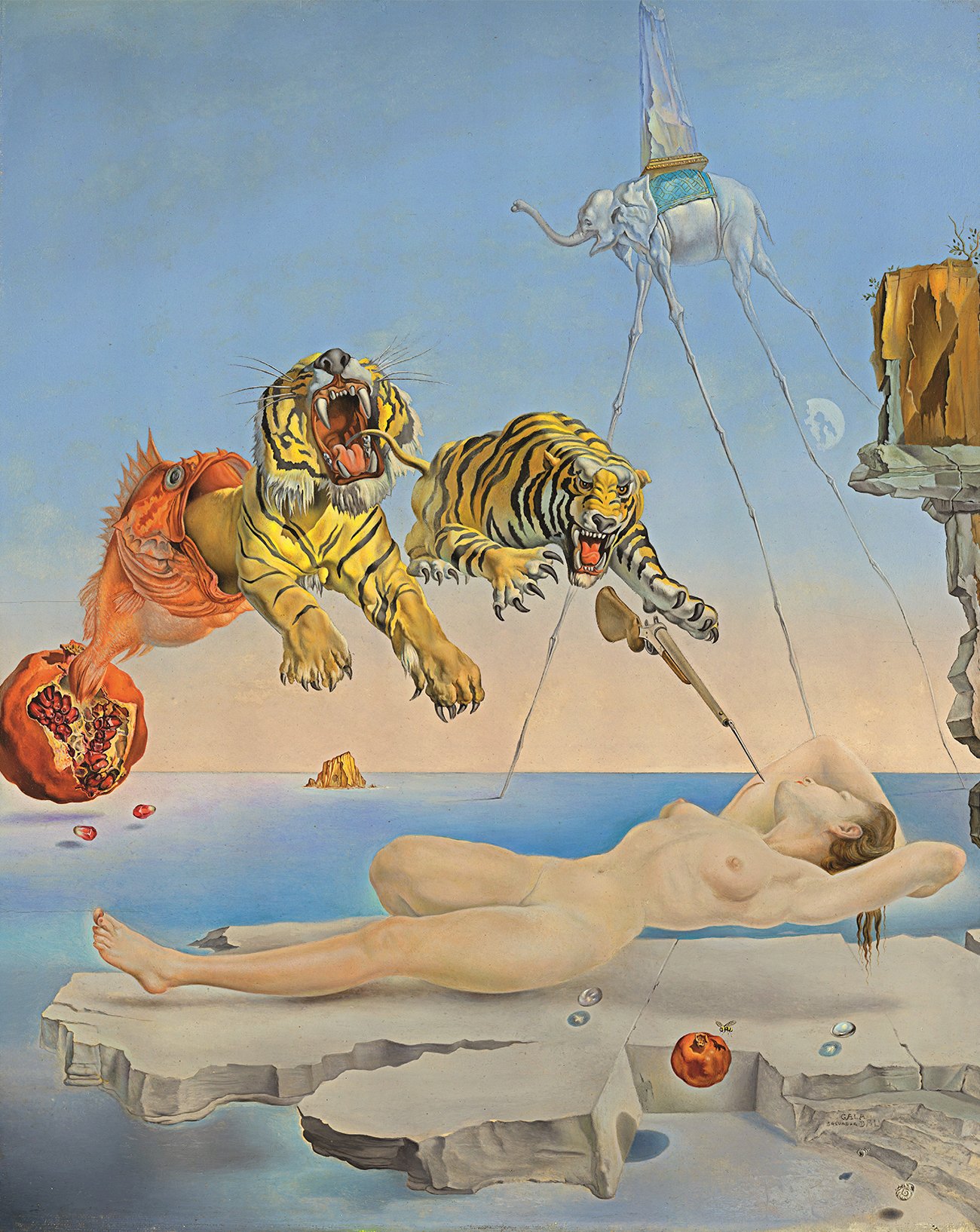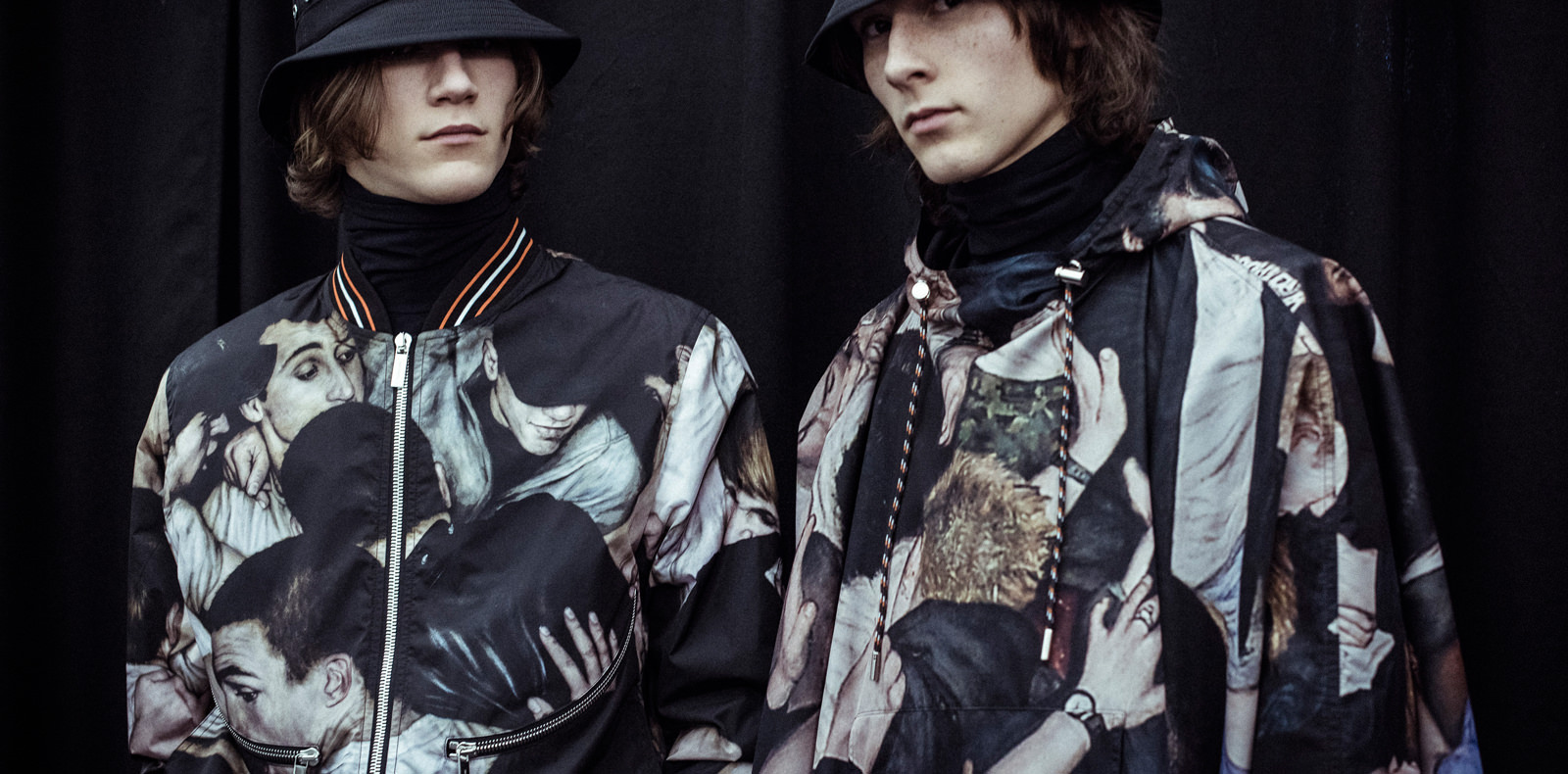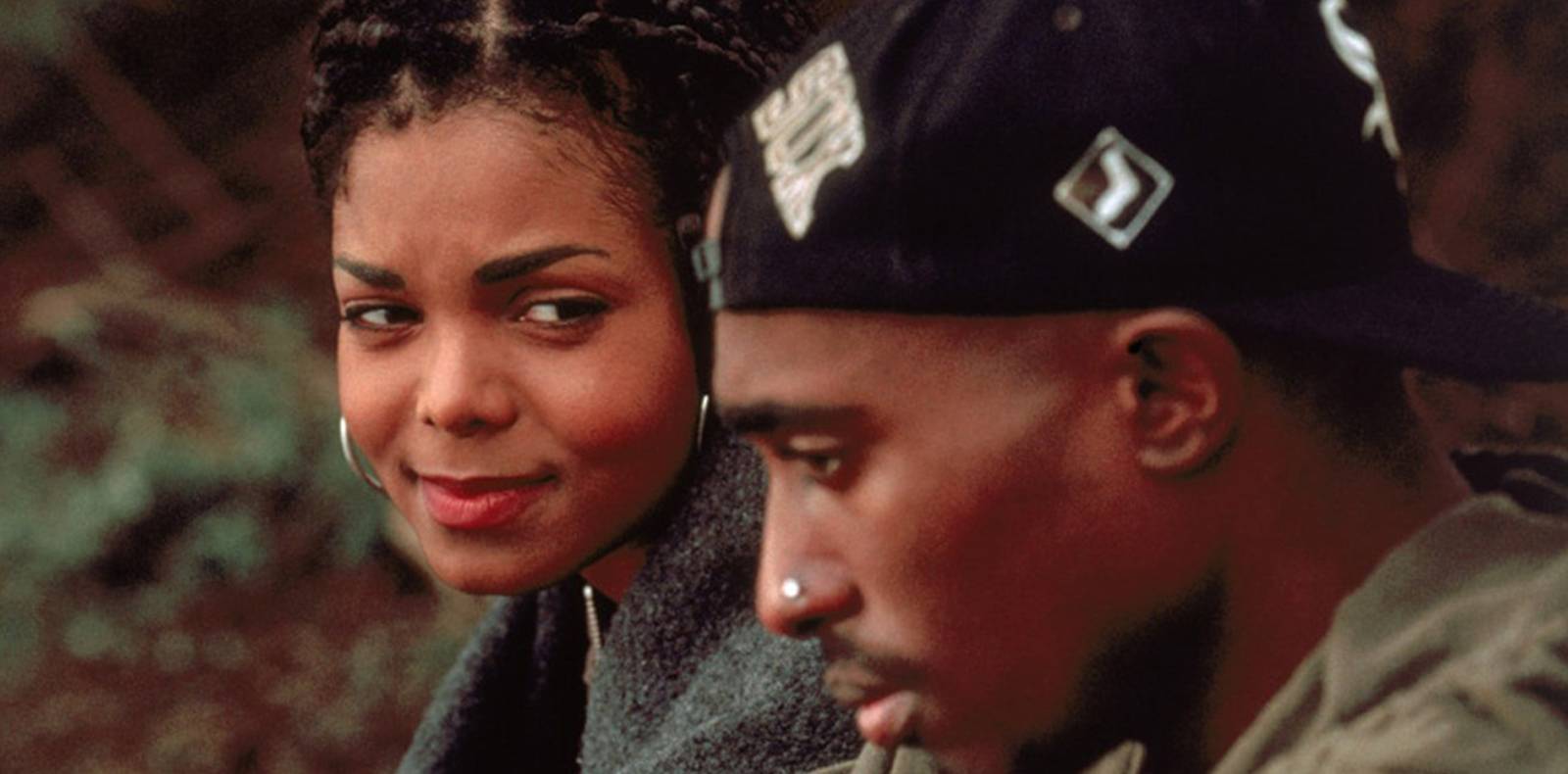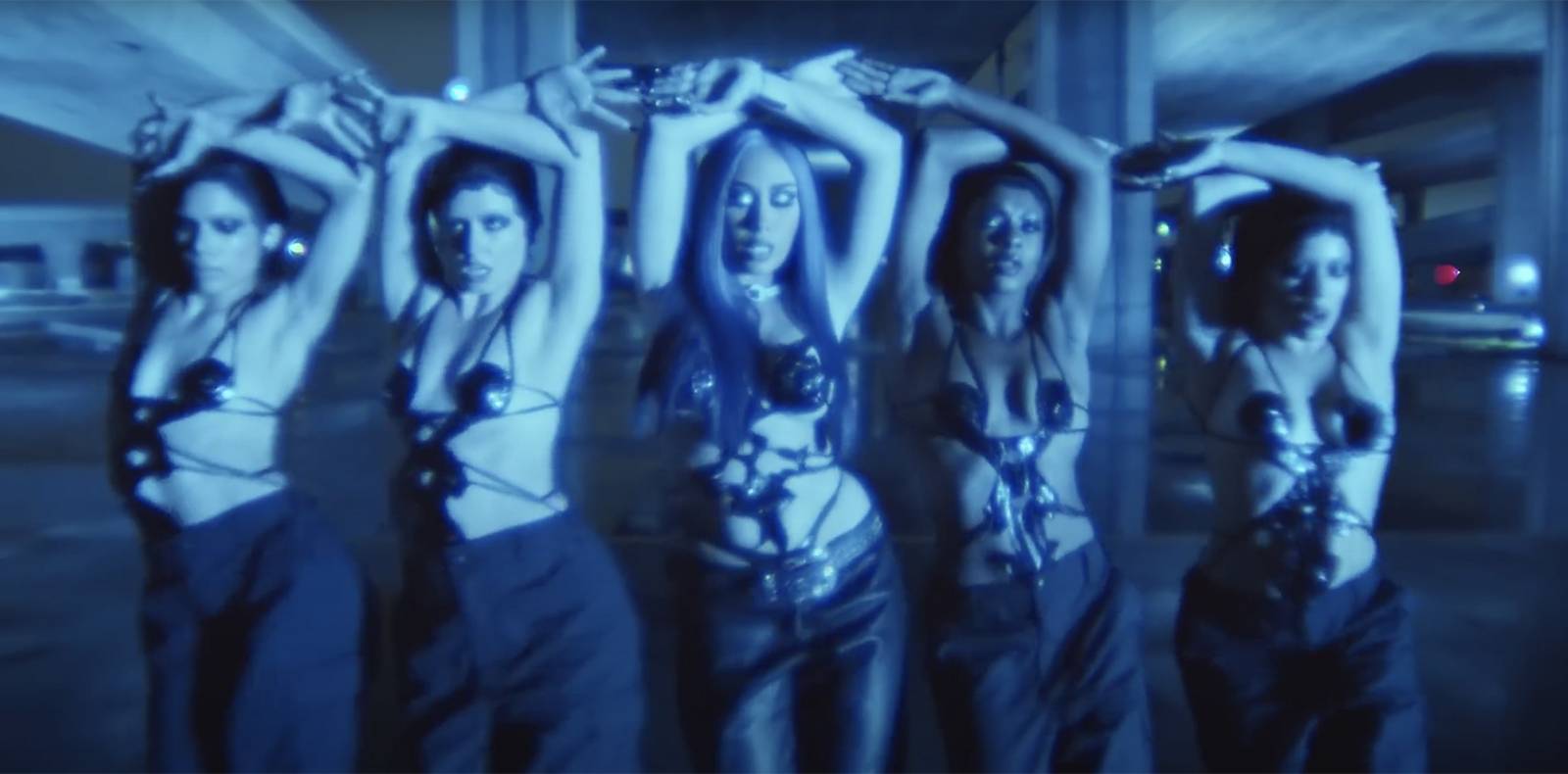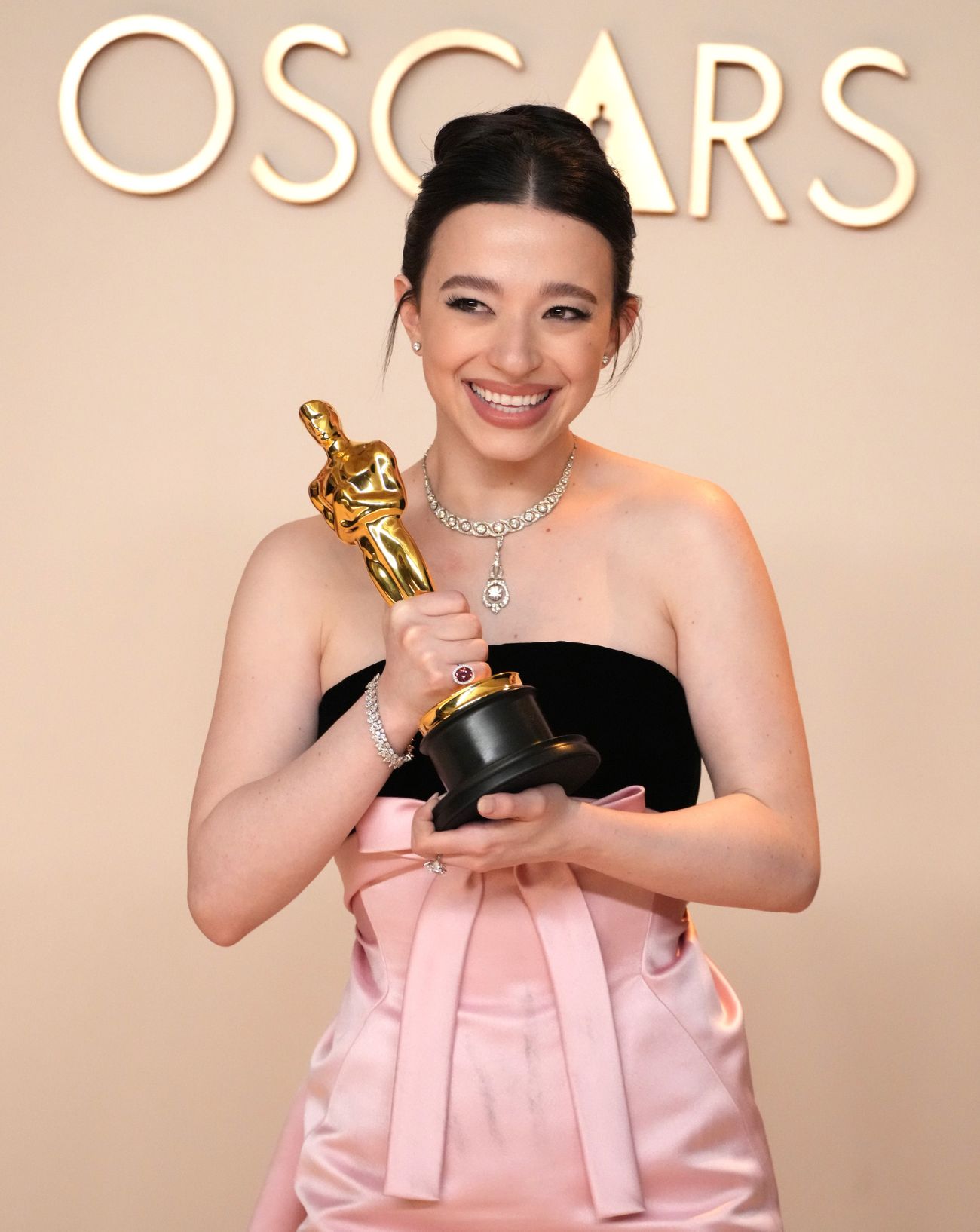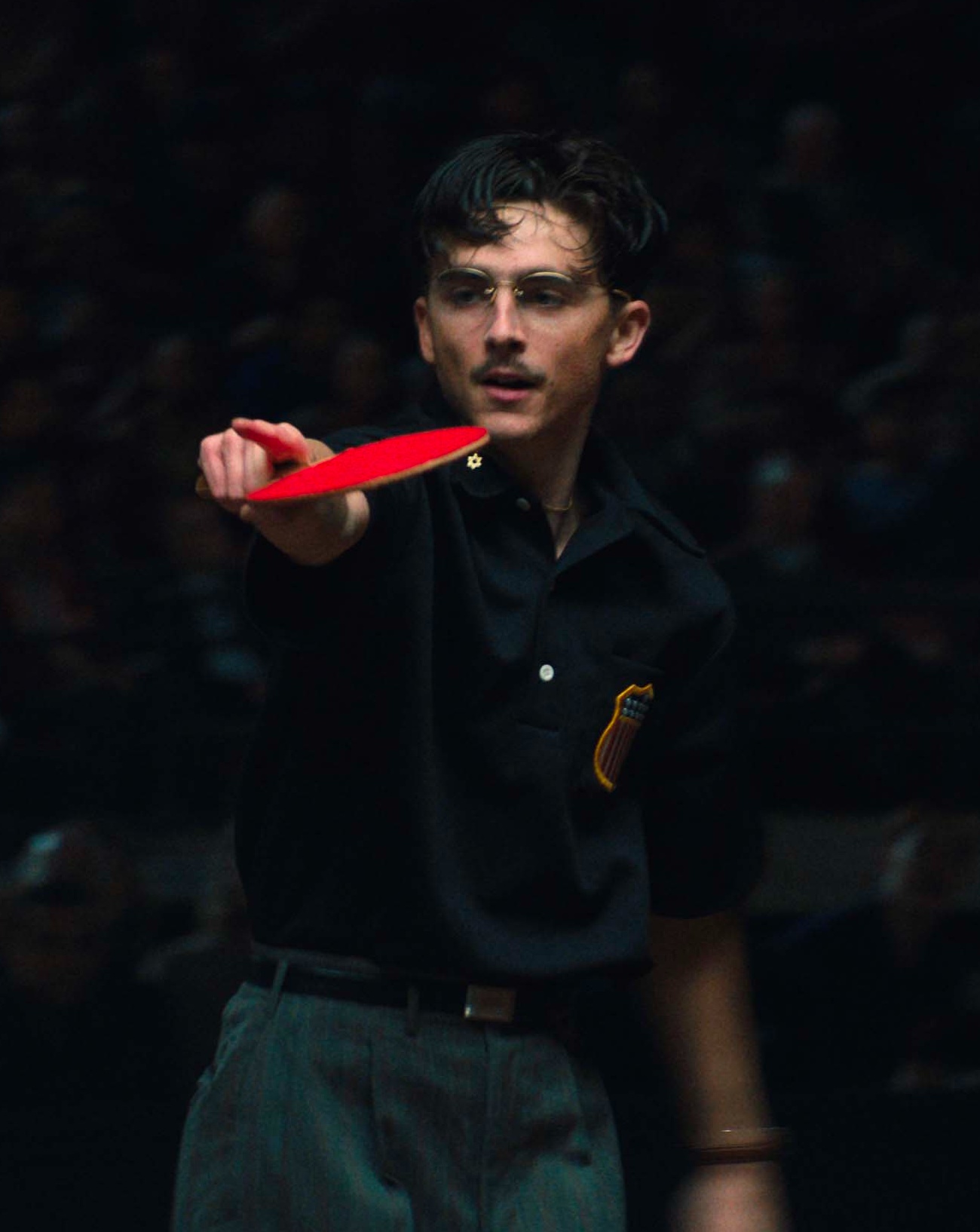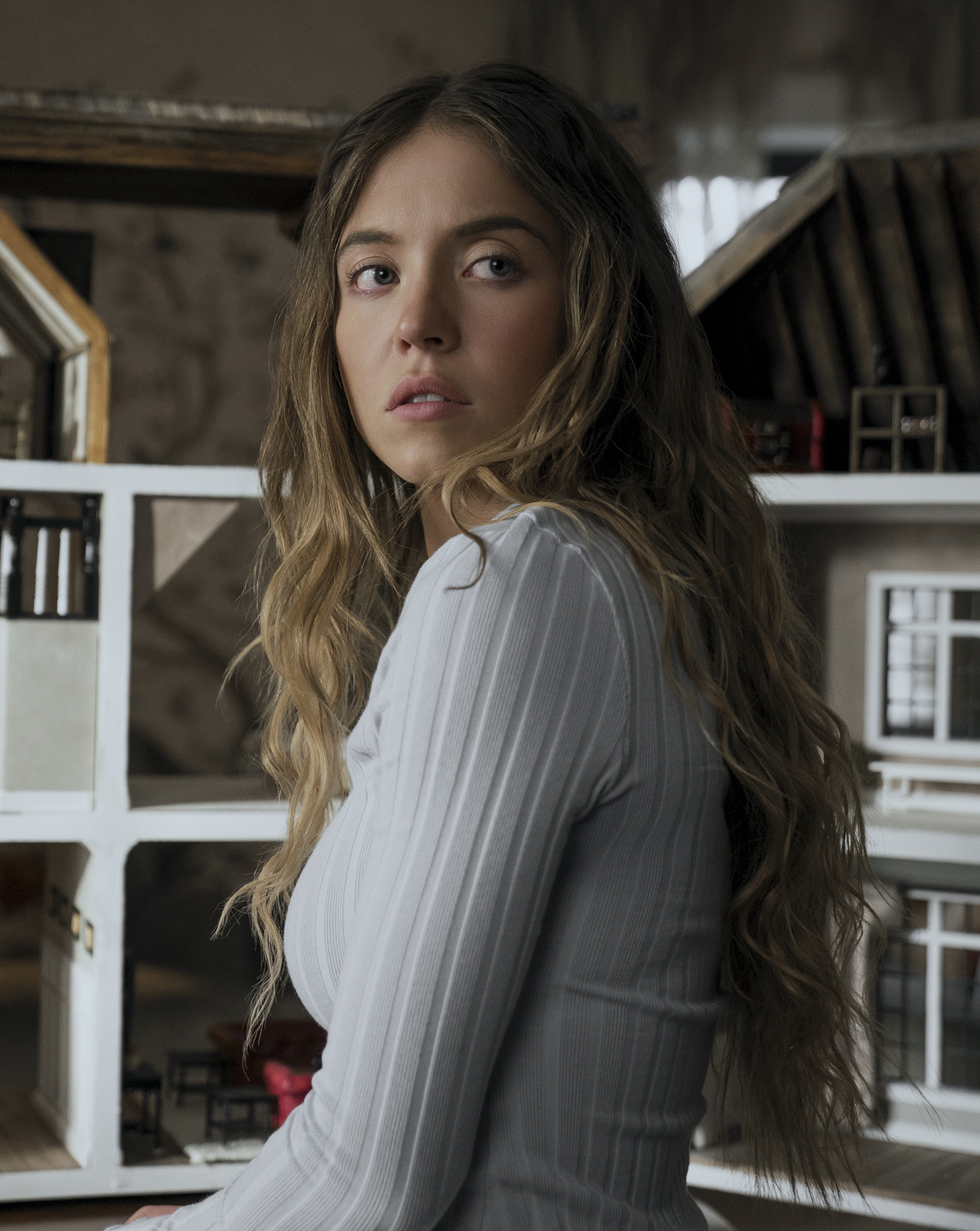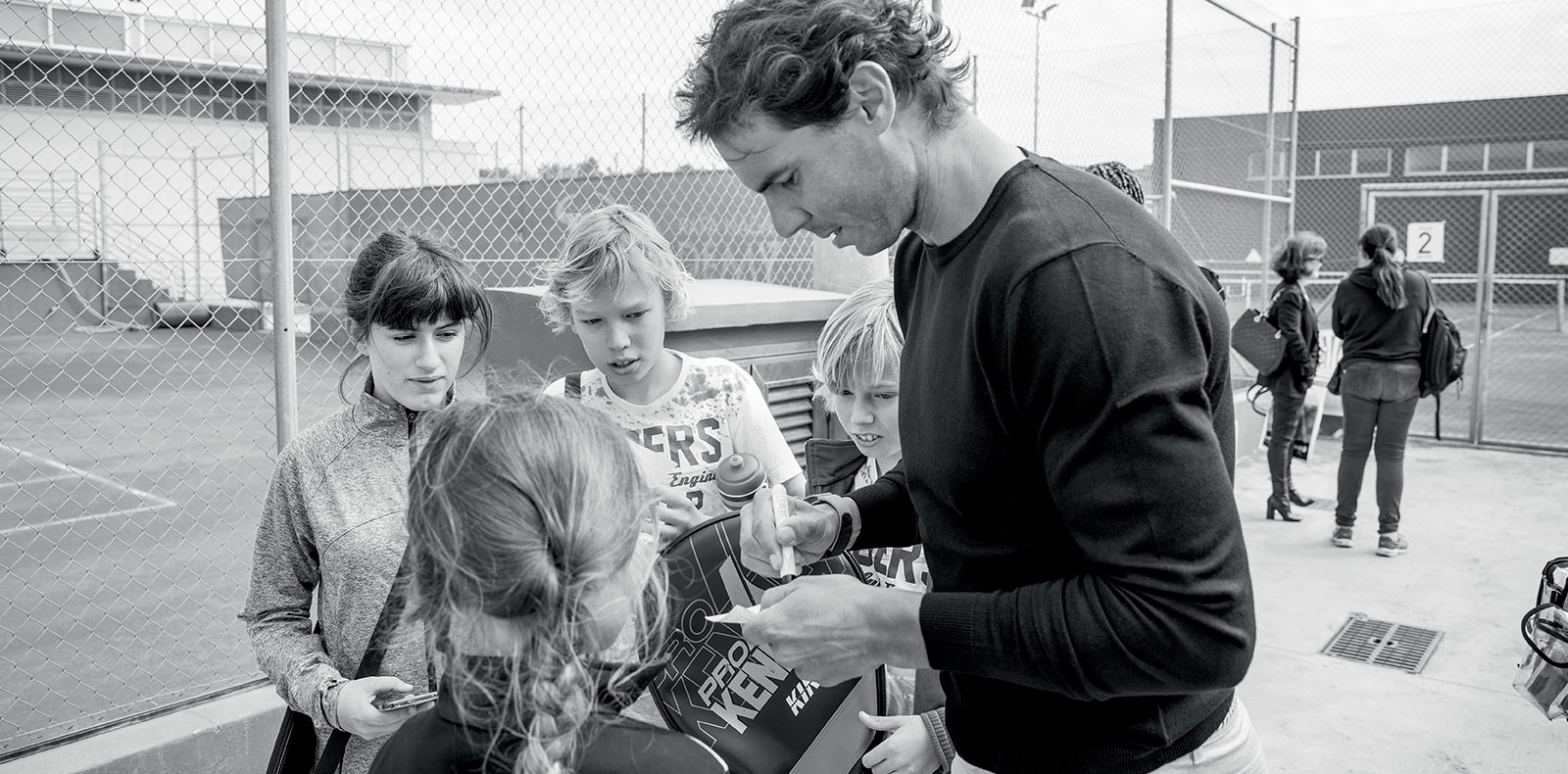
26
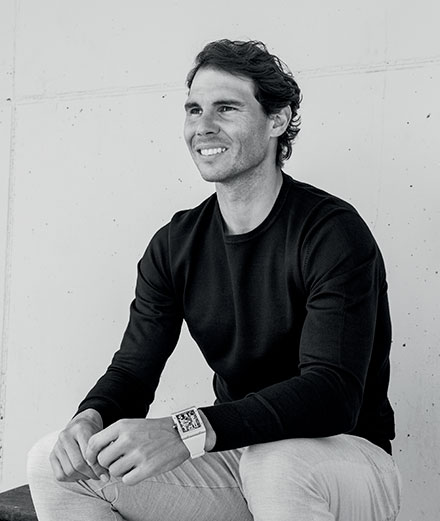
26
Interview with Rafael Nadal: “I preferred football over tennis for a long time.”
Before the Australian Open, Rafael Nadal, the world’s number two tennis player, gave us an exclusive interview. A portrait of a champion quarantined in a hotel room. And who finds himself at the opposite end of the spectrum from his usual playing field.
By Fabienne Reybaud,
Portraits Renaud Corlouër.
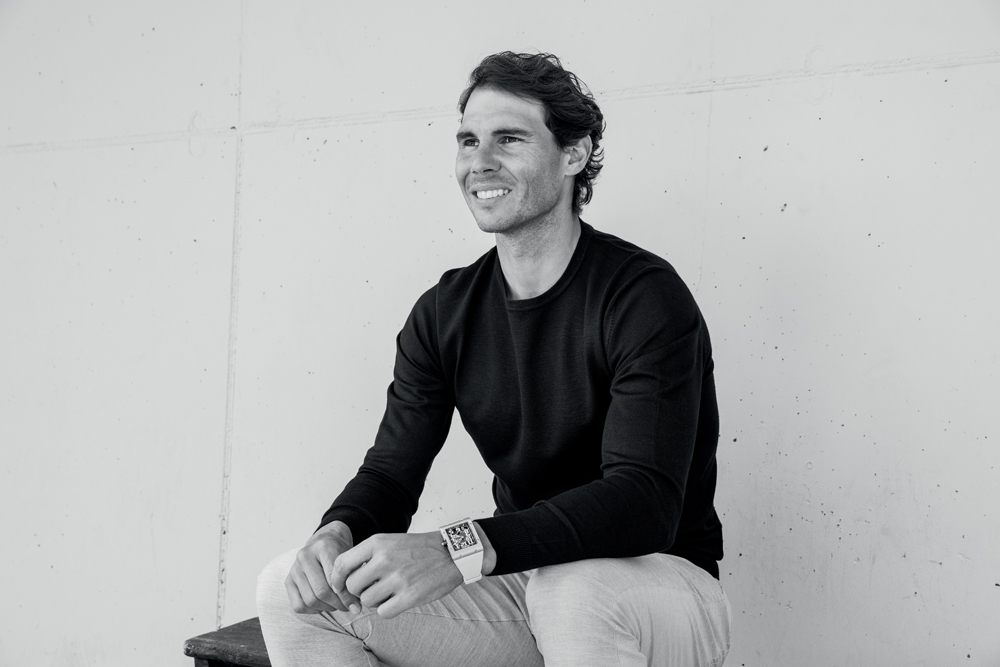
The great thing about Rafael Nadal is that everyone likes him. Call up any sports journalist – or anyone for that matter – and the eulogy starts immediately. “He’s humble,” says one, “loyal,” observes another. “Simple, with a real sense of values,” some enthuse. “He’s a nice person who isn’t big headed”, we’re told… Good heavens! The famous tennis player whose surname, Nadal, means “Christmas” in Catalan turns out to be the perfect gift. So we had to find out a little more. After navigating something similar to a politician’s diary, an appointment was finally made with this “very human” man on Thursday January 28th at 11am Paris time.
At 10:39 am, on the big day, his agent warns us that, having not finished his training, his protégé will be an hour late. At 12 noon sharp, we find ourselves face to face with the French Open super champion, a thirteen-time winner of the clay court tournament. He seems pretty glum as he appears on the screen live from Adelaide. Rafael Nadal has just arrived in his hotel room in shades of shimmering bronze and marron glacé. He looks fed up. And sincerely so. And this makes him eminently likeable. No doubt because the number two tennis player in the world, who has won twenty Grand Slam tournaments, eighty-six single titles, five Davis Cups and two Olympic gold medals, one in singles, the other in doubles, also has the right to be weary of being locked up between four hideously decorated walls, for days on end in Australia’s quarantine… Even more so, because the “raging bull” is known for never staying still. “Rafa has crazy energy,” confirms a friend who has known him for ten years. “Even when he’s in a restaurant, he can’t stop tapping his foot under the table. He has to exert himself, otherwise he’s like a lion in a cage. Those 14 days he’s cooped up in Australia because of the pandemic must be hell for him.” Yet Nadal doesn’t say a negative word. Doesn’t complain. When asked about this strange opening to the Australian Open, he says with a contrite look: “You have to stay positive. I’m allowed to go out three times a day to train. We are privileged because we can continue to practice our profession. When you ask me about the lockdown, I’ll tell you again: because of the pandemic, in today’s world people are dying, losing their jobs, being driven to despair, and I have the right to complain? I’m very lucky, I can’t say I’m not happy. If I pretended otherwise, I would be really arrogant.”
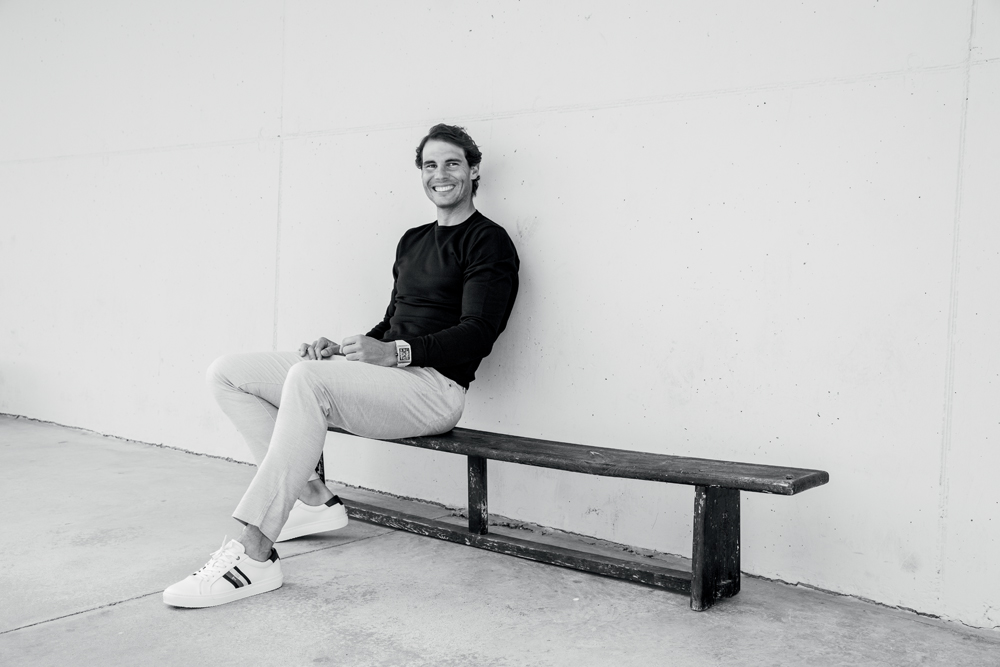
And thus the Majorcan defends himself. Let’s just say that despite his worldwide fame and his colossal fortune – since the beginning of his career, not counting advertising contracts, he has earned more than 120 million dollars from his matches – Rafael Nadal makes a point of appearing, almost abnormally, “normal”. The boy-next-door figure has never given in to the sirens of the handsome, flamboyant hidalgo. Instead of breaking hearts left, right and centre, Rafa preferred to marry a childhood friend, Maria Francisca Perelló, with whom he has been in a relationship for fifteen years. When the tabloid press tries to talk about his interest in $500,000 suits, million-dollar cars and gleaming yachts in the style of Russian oligarchs, the public takes exception. The Spaniard is a tennis player, not a footballer! Yet Rafael Nadal would have liked to be a football champion…
“I loved football. It was the sport I played in the street with my friends when I was a kid,” he says. “I really enjoyed being in a team, and for a long time I preferred football over tennis. I played both sports at the same time, I didn’t know which one to choose until I became the number one tennis player in my category. I was lucky enough to become a professional at 16. And in football, despite all my efforts, I was not the best.”






